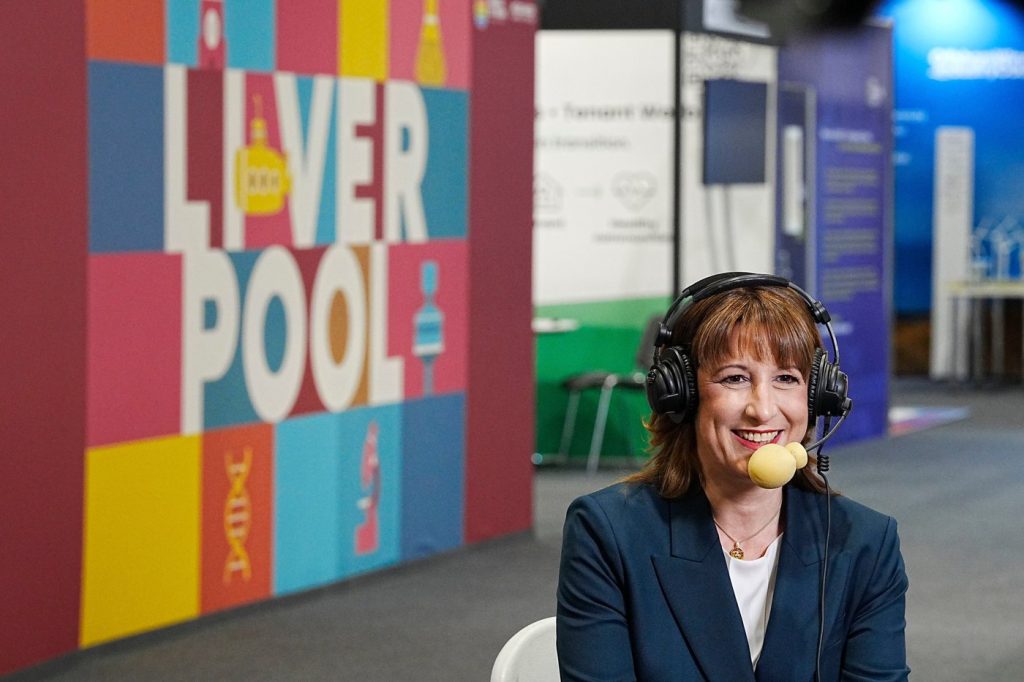LIVERPOOL, England - Britain's Treasury chief has expressed concerns about the detrimental impact of global events on the U.K.'s economic outlook. Wars in Ukraine and the Middle East, along with economic difficulties stemming from U.S. President Donald Trump's tariffs, have intensified challenges for the governing Labour Party, which came to power in July 2024.
Chancellor of the Exchequer Rachel Reeves, facing increasing pressure, is expected to address the possibility of raising taxes in her upcoming autumn budget on November 26. In a recent interview with the BBC, Reeves highlighted the cascading effects of global crises on the U.K., stating, "In the last year the world has changed, and we are not immune to that change."
Since the Labour government ended 14 years of Conservative rule, it has faced significant challenges in meeting economic growth expectations. Inflation remains elevated, complicating efforts to revitalize public services and address the ongoing cost of living crisis. Labour's commitment during last year's election not to raise taxes on workers is under scrutiny as the party has already increased levies on employers, with Reeves not ruling out further tax hikes.
In her upcoming conference speech, Reeves aims to convey a message of economic optimism. She is expected to announce a plan to eliminate long-term youth unemployment and encourage productivity growth in the U.K. This initiative includes a guarantee of paid work for individuals under 25 who have been unemployed for 18 months, addressing the issue of nearly 1 million young people in Britain who are not in education, work, or training.
The Labour Party conference in Liverpool is drawing thousands of members from across the nation, taking on a dual role as a policy forum and a motivational rally. However, there is a growing sense of urgency within the party, as it is currently trailing behind Nigel Farage's hard-right Reform UK party in opinion polls, leading to waning confidence in Prime Minister Keir Starmer. Despite there being four years until the next general election, concerns about the party's direction are surfacing among its members.
Many Labour members, including Manchester Mayor Andy Burnham, have voiced their anxieties about the party's trajectory, emphasizing the need for change. Burnham labeled the party's current situation as "perilous," advocating for a new direction amidst fierce competition from Reform UK.
The focus of the conference is largely on the threat posed by Reform, which, despite holding only five seats in the 650-member House of Commons, is viewed as a significant opponent by Starmer. He has articulated that the struggle with Reform extends beyond traditional party lines, framing it as "a battle for the soul of this country." Starmer criticized Farage's proposals to deport legally residing immigrants as "racist" and "immoral," underlining the moral implications of immigration policies.
In parallel, the U.K. government is tightening its own stance on immigration. Home Secretary Shabana Mahmood is expected to announce new measures designed to raise requirements for immigrants seeking permanent residency. These potential changes include necessities such as a "high standard" of English, a "spotless criminal record," and a commitment to contribute positively to the community.











